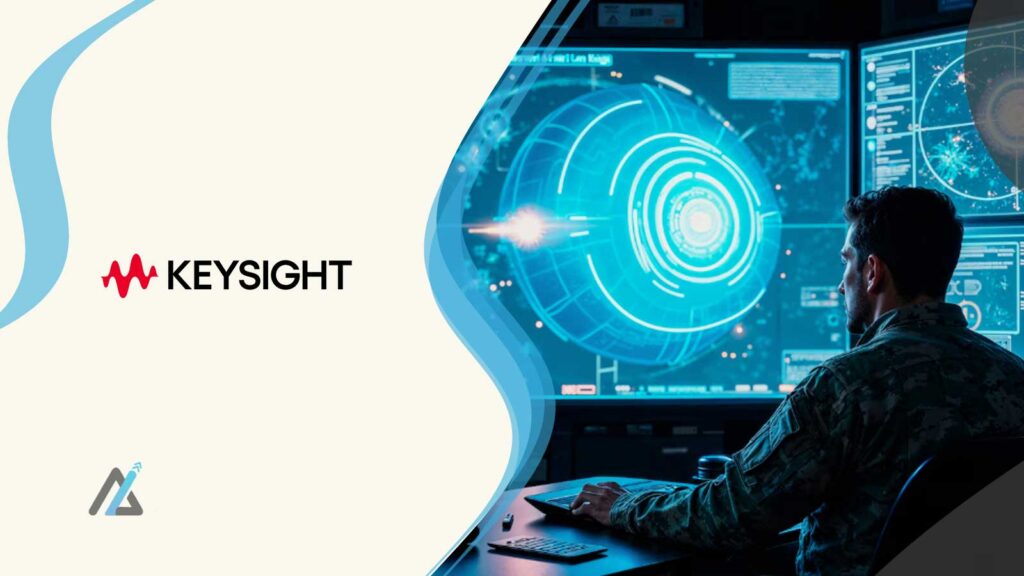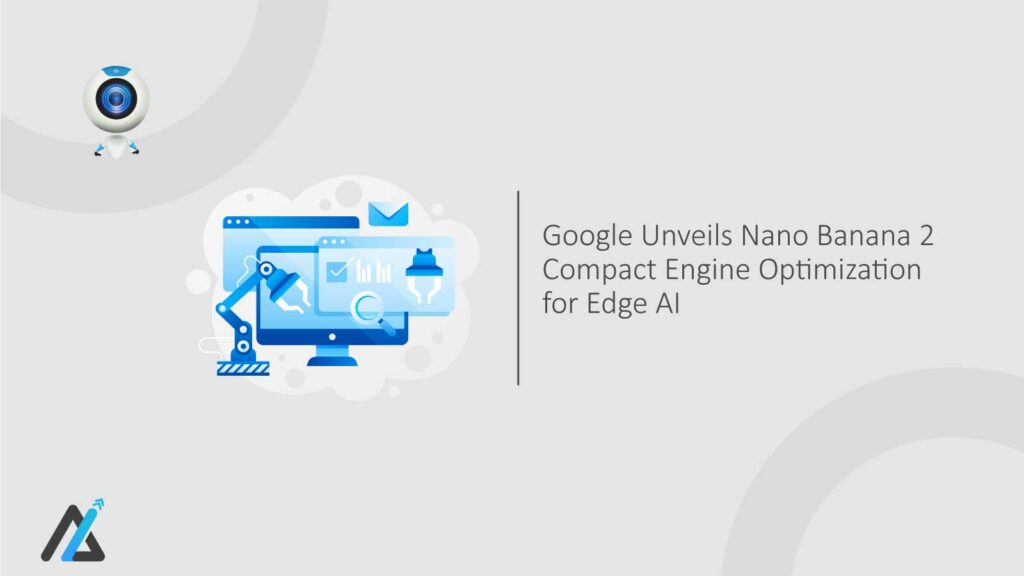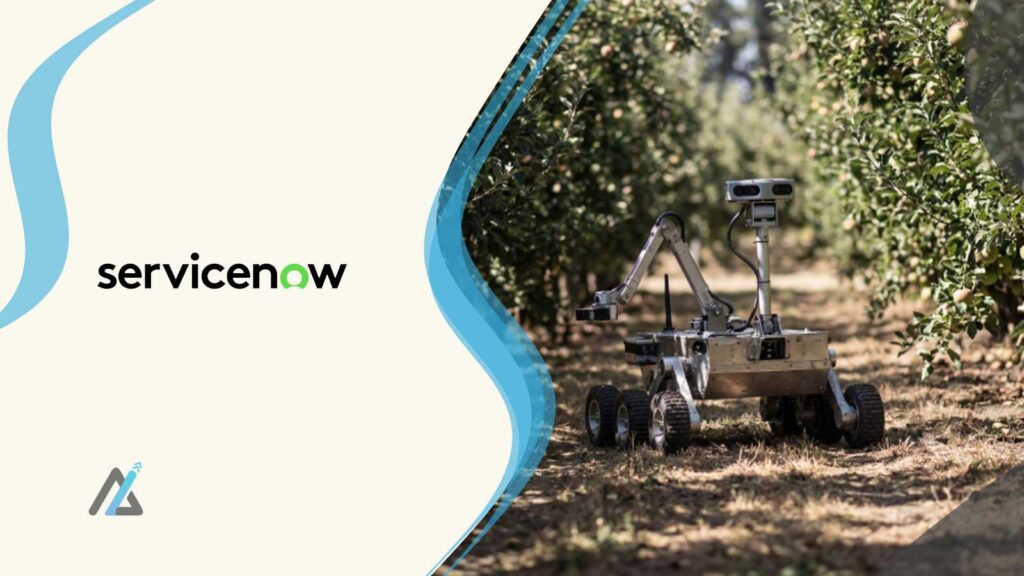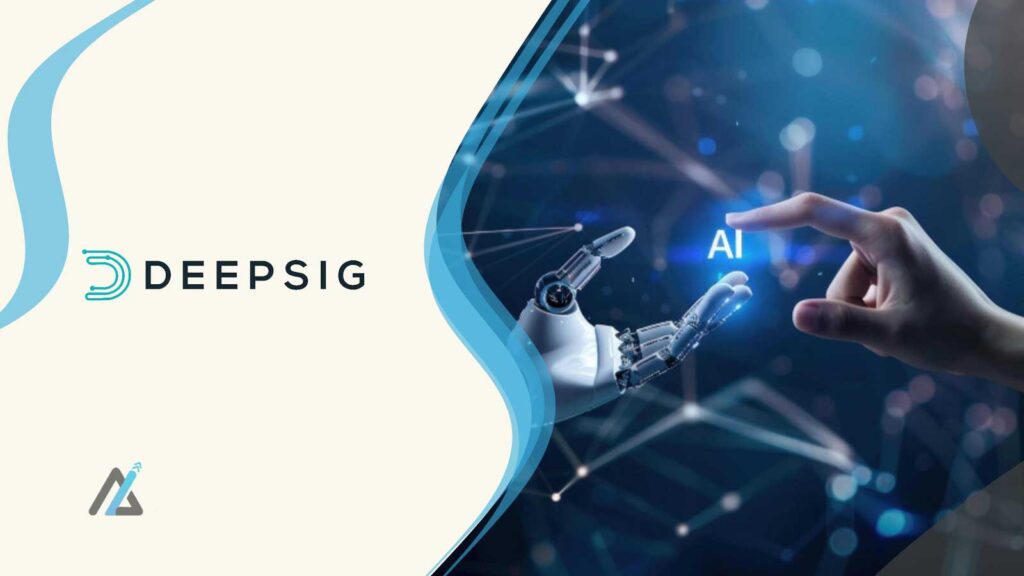One of the world’s largest automakers uses virtual vehicle development environment on AWS to speed delivery of software-defined vehicles and new EV services, while improving energy performance
Amazon Web Services, Inc. (AWS), an Amazon.com, Inc. company, announced that Honda Motor Company is collaborating with AWS to transition the company’s automobiles from hardware-based into software-defined vehicles (SDVs). The Japanese automaker will use its Digital Proving Ground (DPG) platform, a vehicle development environment built on AWS, to help build SDVs. By combining AWS compute, generative artificial intelligence (AI), and Internet of Things (IoT) capabilities with Honda’s data lake built on AWS, Honda will accelerate its delivery of new electric vehicle (EV) capabilities and mobility solutions.
“The automotive industry is undergoing a seismic shift to digitization”
Digitally-enabled, cloud-connected vehicles provide opportunities for carmakers like Honda to enhance driving experiences and support their efforts to improve safety, security, efficiency, entertainment, and convenience in existing vehicles with over-the-air (OTA) software updates. SDVs also give automakers the ability to personalize each vehicle according to drivers’ habits and preferences, as well as perform feature updates that help improve overall capabilities without the need for physical modifications or replacements.
AI Tech Insights: IBM Study: Vehicles Believed to be Software Defined and AI Powered by 2035
Using AWS to accelerate SDV delivery
AWS provides Honda with the scalable, cost-effective infrastructure needed to rapidly develop and test new SDV car models. The automaker’s cloud-based DPG platform allows Honda to collect data that helps estimate EV driving range, visualizes energy consumption and vehicle performance data, and delivers vehicle software updates. The DPG will help reduce Honda’s dependence on physical hardware by enabling automotive engineers to design and test cars in the cloud before they’re built, resulting in faster development timelines and significant cost savings.
Honda uses AWS IoT services to assist its efforts to improve vehicle quality, safety, and autonomy by helping to provide continuous software development and updates to vehicles on the road. This connectivity helps Honda to collect, transform, and transfer vehicle data to the DPG platform, allowing them to track EV battery data and schedule preventative maintenance. Honda will also use Amazon Kinesis Video Streams, a fully managed service for streaming live video from devices, to help build video processing and analytics applications. This technology under development aims to analyze and store car camera footage, using machine learning to detect abnormal movement outside the vehicle. For example, if implemented, this new feature could alert drivers to take corrective action to help avoid collisions or damage to the vehicle.
AI Tech Insights: Intel Accelerates Software-Defined Innovation with Whole-Vehicle Approach
Using generative AI to improve the EV charging experience
Honda is using AWS generative AI services to help develop personalized user experiences. For example, the automaker is developing a new solution that guides EV drivers to optimal charging stations based on current location, remaining battery, charging speed, fees, and proximity to shopping centers. This new AWS IoT Core solution enables secure two-way communication between internet-connected devices and the cloud. The automaker will use Amazon Bedrock, the easiest way to build and scale generative AI applications, to recommend the optimal charging station based on a driver’s behavior patterns and preferences. Honda plans to launch this capability in its 0 Series line of EVs, simplifying the search for charging stations and enabling customized charging times, limits, payments, and more.
“The automotive industry is undergoing a seismic shift to digitization,” said Ozgur Tohumcu, director of Automotive and Manufacturing at AWS. “Vehicles now function as intelligent, connected platforms on wheels, not just stand-alone machines. Generative AI will help automakers develop new features while bringing new models to consumers faster and more cost-effectively. We look forward to collaborating closely with Honda Motor Company to help them realize their vision for safe, high-performing, smart vehicles.”
Building a cloud-skilled Honda workforce
To support its move to cloud-based mobility, Honda established a joint Expert Builder Initiative with AWS in 2024. The program aims to strengthen the skills of hybrid talent engineers (HTEs) proficient in both vehicle software and cloud technologies by providing training in the latest cloud technologies, such as generative AI, analytics, and IoT. This helps Honda employees accelerate ideas from concept to integrated solutions using AWS, further enhancing the experience for Honda drivers.
AI Tech Insights: SoundHound AI and Lucid Motors Bring GenAI Voice Assistant to Electric Vehicles
Source – businesswire
To share your insights, please write to us at news@intentamplify.com









